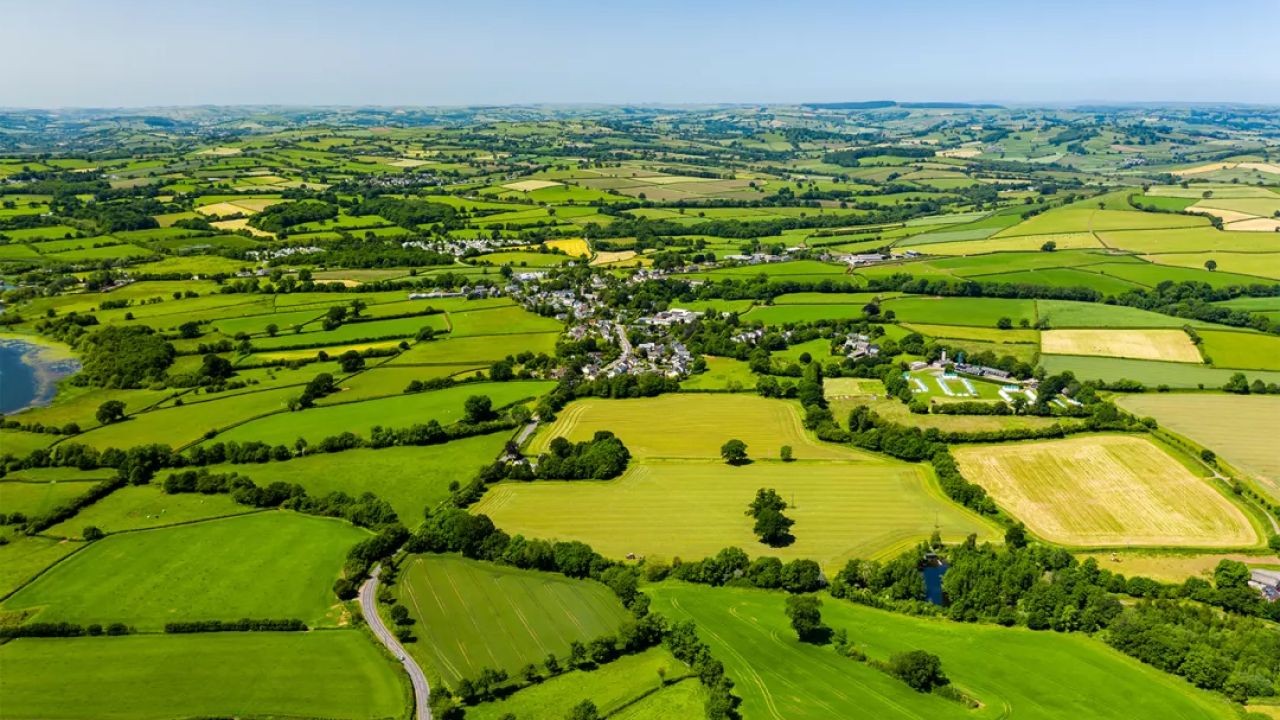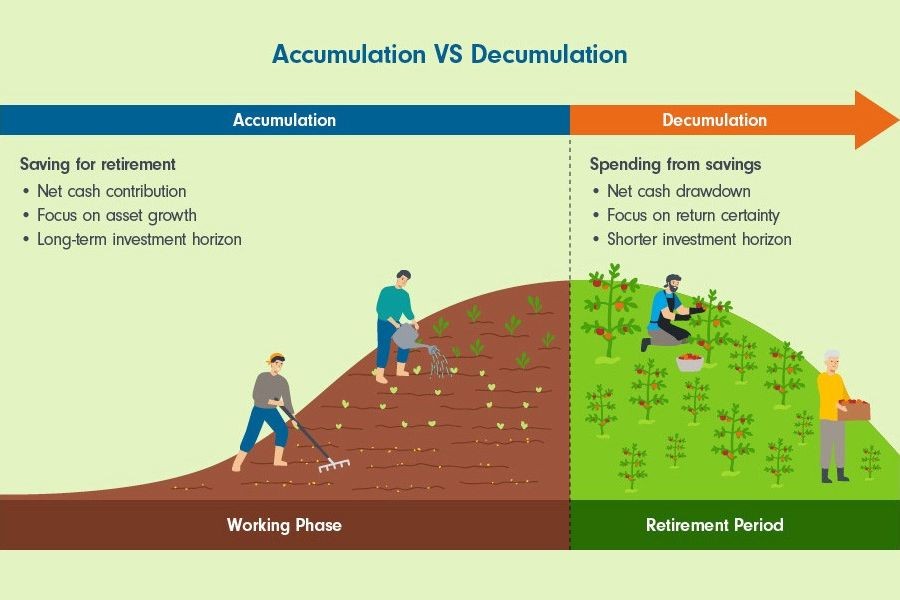Introduction
Imagine waking up to the sound of birds chirping rather than the hustle and bustle of city life. With New Zealand's cities expanding at an unprecedented rate, many Kiwis are contemplating a shift to rural living. This trend isn't just about seeking tranquility; it's deeply intertwined with economic, social, and environmental factors. As urban areas become increasingly congested, the lure of rural life grows stronger, offering a unique blend of opportunities and challenges. But what does this mean for New Zealand's economy and society?
Rural living has garnered attention as a viable alternative to city life, fueled by technological advancements and remote work options. According to Stats NZ, the population density in major cities like Auckland and Wellington has seen a steady rise, prompting discussions about sustainable living and infrastructure challenges. With these dynamics at play, the question arises: will rural living become more popular as cities grow?
Join the conversation and share your thoughts below!
🔹 The Urban-Rural Divide: A Historical Perspective
Historically, urbanization has been synonymous with economic growth and opportunity. Cities have served as hubs of innovation, commerce, and culture. However, the tide seems to be turning. The Reserve Bank of New Zealand reports that urban housing prices have surged by over 27% in the past five years, making city living unaffordable for many. This economic pressure, coupled with a desire for a better quality of life, is driving Kiwis to explore rural alternatives.
In contrast, rural areas, traditionally associated with agriculture and limited economic activity, are undergoing a transformation. The government's investment in rural infrastructure, including high-speed internet and improved transportation, is bridging the urban-rural divide. This shift is not just about escaping city life; it's about embracing a new way of living that aligns with modern needs and values.
🔹 The Pros and Cons of Rural Living
As we explore the allure of rural living, it's essential to weigh the pros and cons.
✅ Pros:
- Affordable Housing: Rural areas offer more affordable real estate options, with property prices significantly lower than in urban centers.
- Quality of Life: Rural living provides a healthier environment, with cleaner air, less noise pollution, and closer proximity to nature.
- Community Engagement: Smaller communities often foster a strong sense of belonging and support.
- Remote Work Opportunities: With advancements in technology, remote work is more feasible, allowing individuals to live in rural areas while maintaining urban job opportunities.
- Lower Cost of Living: Overall expenses, including utilities and groceries, are typically lower in rural areas.
❌ Cons:
- Limited Access to Services: Rural areas may lack essential services like healthcare and education.
- Job Opportunities: While remote work is an option, local job opportunities may be limited.
- Infrastructure Challenges: Despite improvements, rural infrastructure can still lag behind urban areas.
- Social Isolation: The smaller population can lead to feelings of isolation, especially for those used to city life.
- Transportation: Limited public transport options can make commuting challenging.
🔹 Real-World Case Studies
Case Study: The Rise of Tech Hubs in Rural New Zealand
Problem: As urban tech hubs reached saturation, businesses faced high operational costs and talent shortages.
Action: The New Zealand government launched initiatives to develop tech hubs in rural areas, offering incentives for businesses to relocate. Companies like Xero and Datacom embraced this shift, leveraging the lower costs and tapping into untapped talent pools.
Result: Rural tech hubs experienced a 40% increase in job creation, with local economies benefiting from increased business activity.
Takeaway: Rural areas can serve as viable alternatives for industry growth, especially in sectors like technology.
Case Study: The Transformation of Agribusiness
Problem: Traditional farming faced challenges due to climate change and market fluctuations.
Action: Kiwi farmers adopted innovative agricultural practices, including precision farming and sustainable techniques, to enhance productivity.
Result: Agribusinesses reported a 25% increase in yields and improved profit margins, contributing to rural economic growth.
Takeaway: Innovation in agriculture can drive rural economic development and sustainability.
🔹 Common Myths & Mistakes
Myth: "Rural living means sacrificing career growth."
Reality: With remote work and technological advancements, career opportunities can thrive in rural settings, providing a balanced lifestyle.
Myth: "Rural areas lack cultural amenities."
Reality: Many rural communities host vibrant cultural events and festivals, offering unique experiences and fostering creativity.
Myth: "Rural infrastructure is inadequate."
Reality: Government initiatives have significantly improved rural infrastructure, enhancing connectivity and accessibility.
Which of these myths did you believe before reading this? Drop your thoughts below!
🔹 Future Trends & Predictions
The future of rural living in New Zealand looks promising, driven by several key trends:
- Technological Integration: As technology continues to evolve, rural areas will benefit from enhanced connectivity, enabling remote work and fostering innovation.
- Sustainable Living: The focus on sustainability will drive rural communities to adopt eco-friendly practices, attracting environmentally conscious individuals.
- Policy Support: Government policies will continue to support rural development, ensuring equitable access to resources and services.
- Demographic Shifts: An aging population may seek the tranquility of rural life, while younger generations embrace the digital nomad lifestyle.
By 2030, it is anticipated that rural areas will serve as vibrant hubs of innovation and community, attracting individuals seeking a balance between work, life, and the environment.
🔹 Conclusion
As New Zealand's cities continue to grow, the appeal of rural living becomes increasingly evident. With affordable housing, quality of life improvements, and technological advancements, rural areas offer a compelling alternative to urban life. However, challenges such as access to services and infrastructure must be addressed to ensure sustainable growth.
For those considering a shift to rural living, understanding the pros and cons is crucial. Embracing this change requires careful planning and a willingness to adapt to a new way of life.
What’s your next move? Are you ready to explore the possibilities of rural living in New Zealand? Share your insights and join the conversation below!
🔍 People Also Ask (FAQ)
- How does rural living impact businesses in New Zealand? NZ businesses in rural areas report increased customer engagement and productivity, thanks to lower costs and community support.
- What are the biggest misconceptions about rural living? A common myth is that rural areas lack opportunities, but advancements in technology have opened new avenues for growth.
- What are the best strategies for transitioning to rural living? Experts recommend starting with thorough research, embracing remote work options, and engaging with the local community for a smooth transition.
- What upcoming changes in New Zealand could affect rural living? By 2026, policy updates in infrastructure and technology could enhance rural connectivity, making it more attractive to residents.
- Who benefits the most from rural living? Families seeking a better quality of life, remote workers, and entrepreneurs benefit from the affordability and community engagement in rural areas.
🔍 Related Search Queries
- Rural living benefits in New Zealand
- Challenges of rural living in NZ
- Future of remote work in rural areas
- Affordable housing in rural New Zealand
- Technological advancements in rural NZ
- Rural community engagement strategies
- Impact of urbanization on rural areas
- Sustainable living in rural New Zealand
- Government policies supporting rural development
- Rural innovation and economic growth































